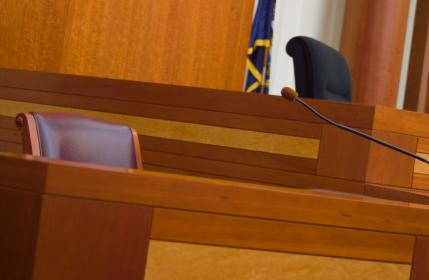Testimony from one or more eyewitnesses makes the difference in many personal injury cases. Presenting firsthand accounts of why an accident occurred or why an error was not avoided goes far in convincing insurance companies to settle claims and in winning over members of civil trial jury.
LEARN MORE
- How Personal Injury Attorneys Collect Witness Statements
- A Personal Injury Lawyer Offers Some Advice on Preparing for a Deposition
- Convincing Doctor Testimony Can Be Key to Winning Your Personal Injury Case
As plaintiff’s attorneys practicing primarily in Virginia and North Carolina, my personal injury law firm colleagues and I always try to identify multiple witnesses and convince them to share what they saw or know. We also learned long ago that we may need to undertake these efforts on our own.
Police who respond to car and truck accidents do not always put witnesses’ contact information in their official reports. Managers at stores where slips and falls occur sometimes discourage uninjured patrons and employees from speaking with investigators. Subpoenaing officer’s field notes and deposing individual brought in as defense witnesses can clear these hurdles.
Whatever action is required, taking it quickly matters. Field notes get discarded, and memories fade. Even when no intent to conceal facts or to distort events to shift blame onto the accident victim exists, some key information simply becomes unavailable as time moves forward.
A case in which a red-light runner severely our client proved how essential it is to contact and speak with eyewitnesses soon after a crash. Recording sworn statements from other people who saw the at-fault driver T-bone our client’s vehicle kept settlement negotiations with the insurance company from devolving into a pointless and irresolvable he-said-she-said debate. It also turned out to be a stroke of good fortune that one of the people who was willing to testify on behalf of our client was an off-duty sheriff’s deputy who just so happened to be driving directly behind our client’s vehicle. With several people unequivocally stating that its policyholder caused the collision, the insurer could not deny liability.
EJL